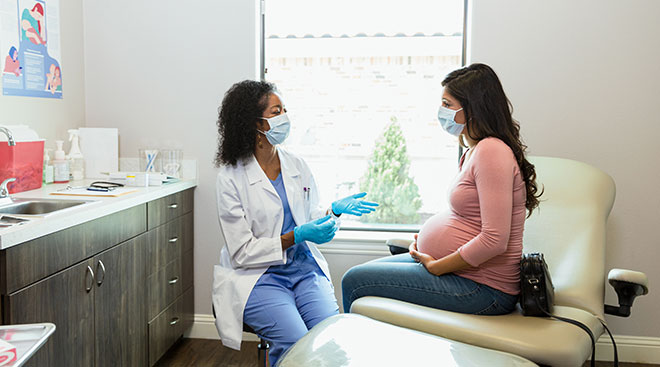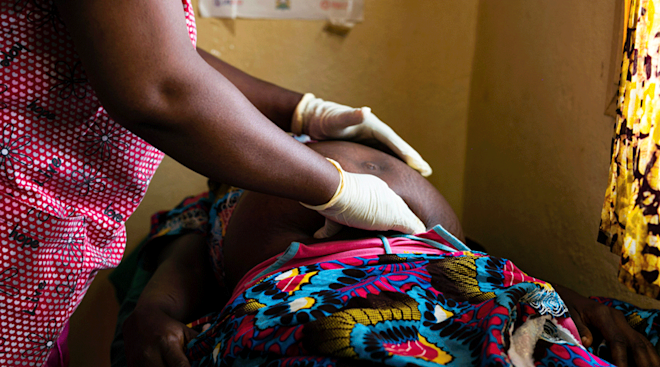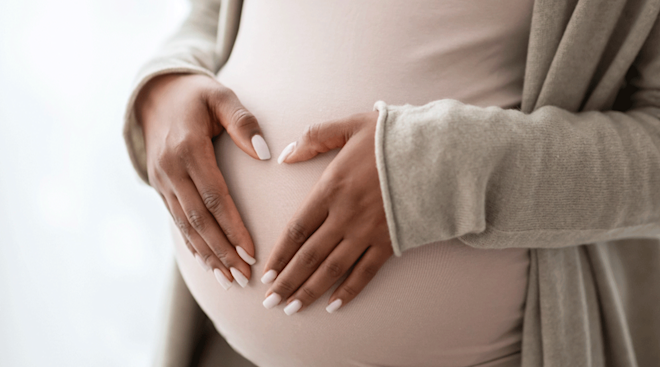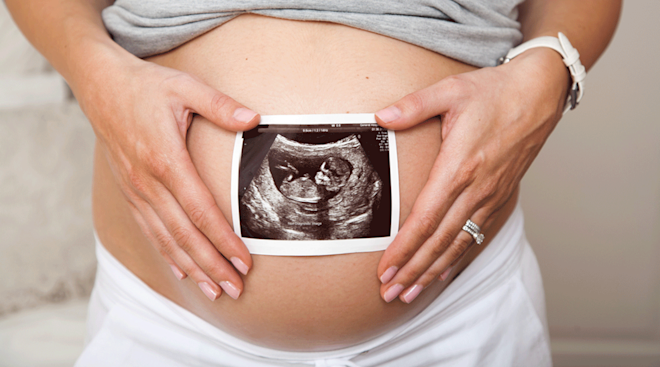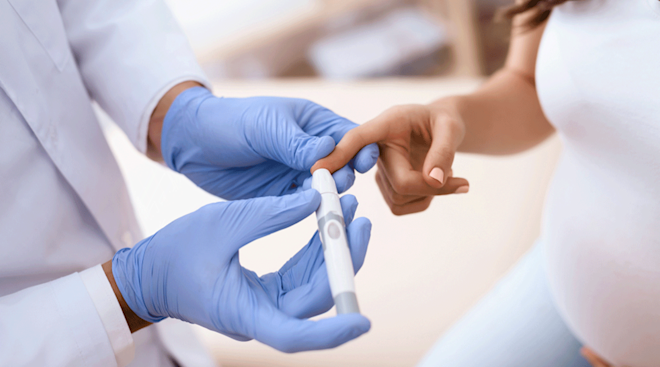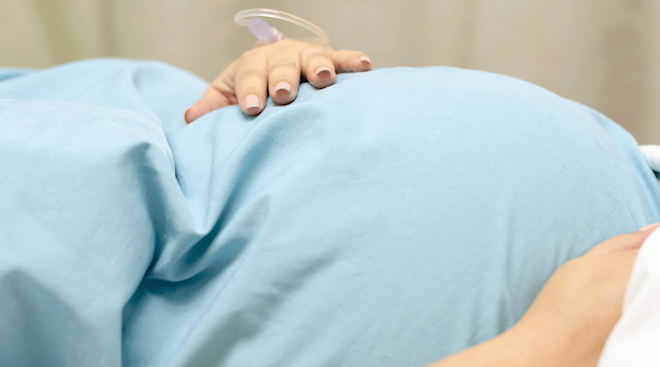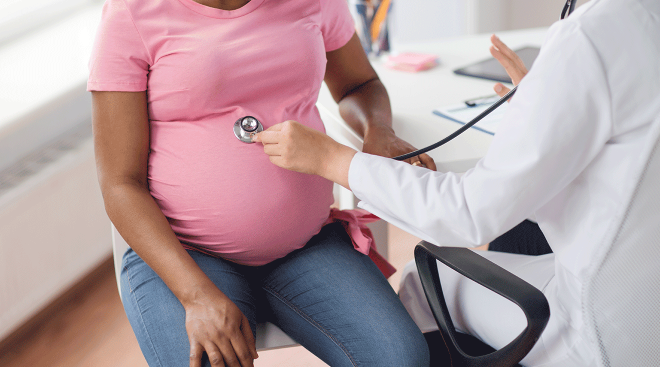Study: Blood Test Could Predict Preeclampsia Months Before Symptoms Start
Preeclampsia is a pregnancy condition that often arises later in pregnancy—after 20 weeks—and without symptoms. It can be a serious complication, as it could be harmful for both mom and baby. Over the years many experts have looked into tests to help diagnose the condition, including with urine tests, first trimester screenings and imaging tests. Now, a new study is finding that blood tests may be a helpful early indicator of preeclampsia risk.
The study was published in January 2022 in the journal Nature and conducted by researchers from King’s College London, Guy’s and St Thomas’ NHS Foundation Trust, and Mirvie. It looked at over 1,840 pregnancies occurring in North America, Europe and Africa. The researchers looked at RNA molecules—this is similar to DNA in that it helps with gene expression—in blood samples. The researchers then created a timeline for a normal pregnancy and looked at different gene activation patterns week over week. In doing so, they were able to find certain genes that were linked to preeclampsia.
While previous studies have also found RNA blood testing can be helpful in diagnosing preeclampsia, researchers believe they may be able to uncover risks for more than just preeclampsia with their method. Plus, because the study looked at participants across the globe, the researchers believe race, body mass index and age do not play a role in their findings.
“I think the real impact of this technology we’re looking at is a little bit bigger than just preeclampsia,” Thomas McElrath, study co-author and OB-GYN at Brigham and Women’s Hospital in Boston, told STAT. “We hope to look at other clinically meaningful deviations, such as, potentially, gestational diabetes or growth restriction or other areas. Once we basically have a road map of normal cases, where there’s a deviation off of that map then becomes much easier to discern.”
In the study, a third of the patients predicted to develop preeclampsia did wind up getting diagnosed with the condition. Researchers believe their test may be able to help predict preeclampsia a few months before any symptoms show up. While more work is needed, they’re hopeful they’re on the right track to catching preeclampsia and other pregnancy complications early.
Please note: The Bump and the materials and information it contains are not intended to, and do not constitute, medical or other health advice or diagnosis and should not be used as such. You should always consult with a qualified physician or health professional about your specific circumstances.
Navigate forward to interact with the calendar and select a date. Press the question mark key to get the keyboard shortcuts for changing dates.

































